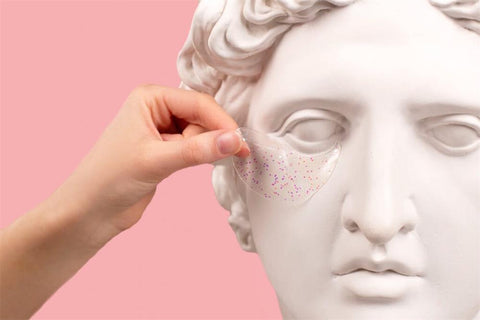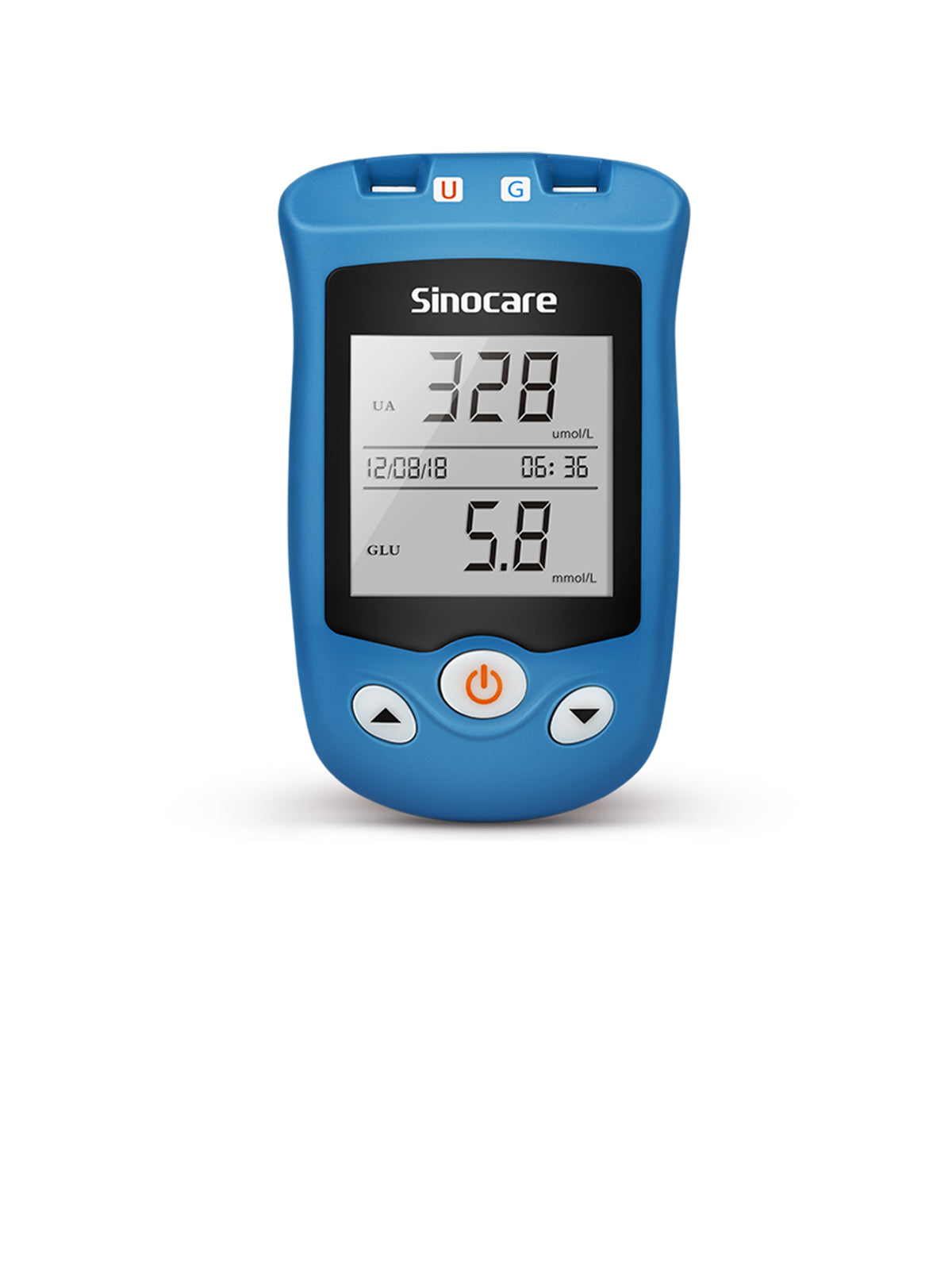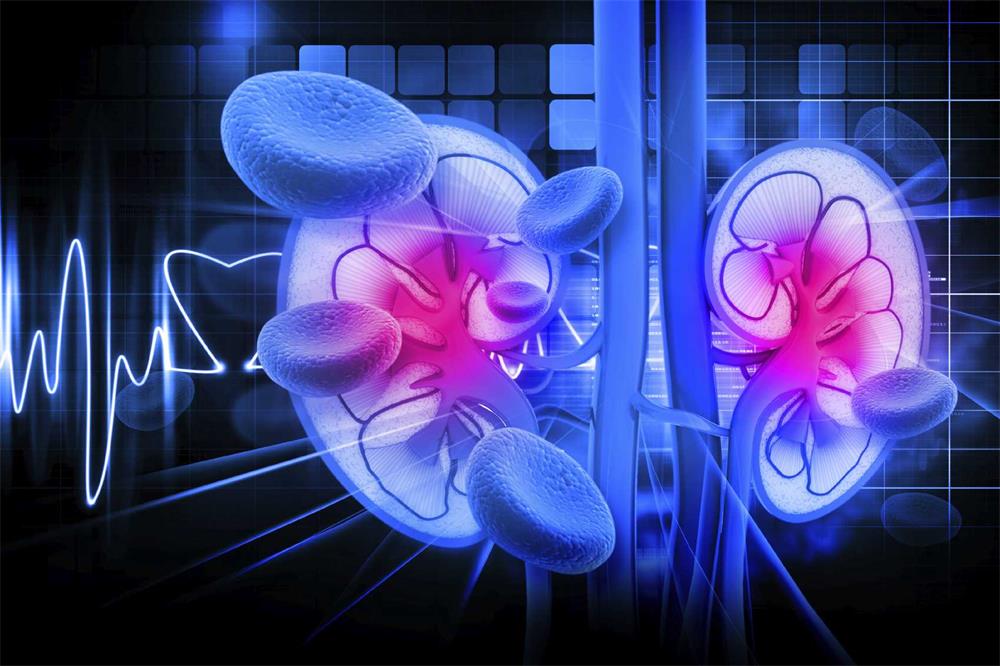As is known to all, the kidney is an essential organ, boasting various functions to our body. It removes metabolites and certain wastes from our body, and absorbs other beneficial substances as well, covering glucose, protein, amino acids, sodium ions, potassium ions, sodium bicarbonates. In addition, it regulates water and electrolyte balance and maintains acid-base balance, etc.
People may confuse the reason why there are 2 kidneys in our body. Diabetic nephropathy is a type of kidney damage caused by chronic hyperglycemia, which can affect the whole kidney, including glomeruli, renal tubules, renal interstitium, renal blood vessels. Hence, the functions should not be underestimated.
People should be cautious about the disease once the happenings of the following symptoms.
1. Increased probability of nocturia
The primary symptom can be founded in this behavior. When people with diabetes suddenly increase the probability of nocturia, they should go to the hospital to check some indicators, such as a urine test as well as a microalbumin test.
2. Foamy urine
People with diabetes ask whether more bubbles in the urine indicate a pre-complication of diabetic nephropathy. Experts pointed out that people should not worry about that in the following situations.

- There are semen components in the male urethra, which can cause foamy urine.
- When urinating too quickly, the urine strongly impacts the liquid surface, which is easy to form foam.
- In the case of too little water, excessive sweating, diarrhea, etc., the human body causes urine concentration, resulting in a higher concentration of protein and other components in the urine.
However, people should pay attention to the thing. Abnormally elevated protein content in urine is one of the most common causes of foamy urine, and it is also an important clinical indicator of various diseases, especially kidney disease.
People with diabetes boast a high incidence of kidney damage, and the increase in protein in the urine leads to foamy urine. Besides, people with diabetes are prone to this symptom due to increased blood glucose and urine sugar. It is necessary to pay attention to blood sugar control.
3. Urine protein
If diabetes is not under control, the kidneys and glomeruli will be damaged. In the long term, urine protein or occult blood will be found to be positive. After the diagnosis of diabetes, blood, urine, nerves, blood pressure, blood lipids, etc. should be checked every year.
In most cases, it is troublesome to go to the hospital to measure urine protein. As such, a household urine microprotein test strip is needed to monitor diabetic nephropathy. With dedicated efforts, Sinocare's diabetes management in diagnostic products and services have expanded to glycosylated hemoglobin testing, urine microprotein testing, blood lipid testing, etc.
4. Puffiness
When diabetic nephropathy reaches a certain level, it will cause increased water and sodium in the body due to renal drainage problems. It is advisable to control blood sugar in a positive attitude, strengthen kidney protection, blood vessel expansion, anticoagulation and other treatments. 
What's more, eating less plant protein can reduce the burden and damage to the kidneys. Less salt is more welcome due to the fact that eating too much salt would increase water intake and boost high blood pressure.










Leave a comment
All comments are moderated before being published.
This site is protected by hCaptcha and the hCaptcha Privacy Policy and Terms of Service apply.